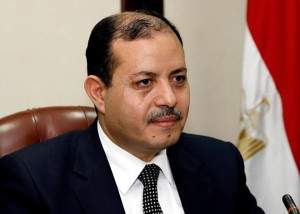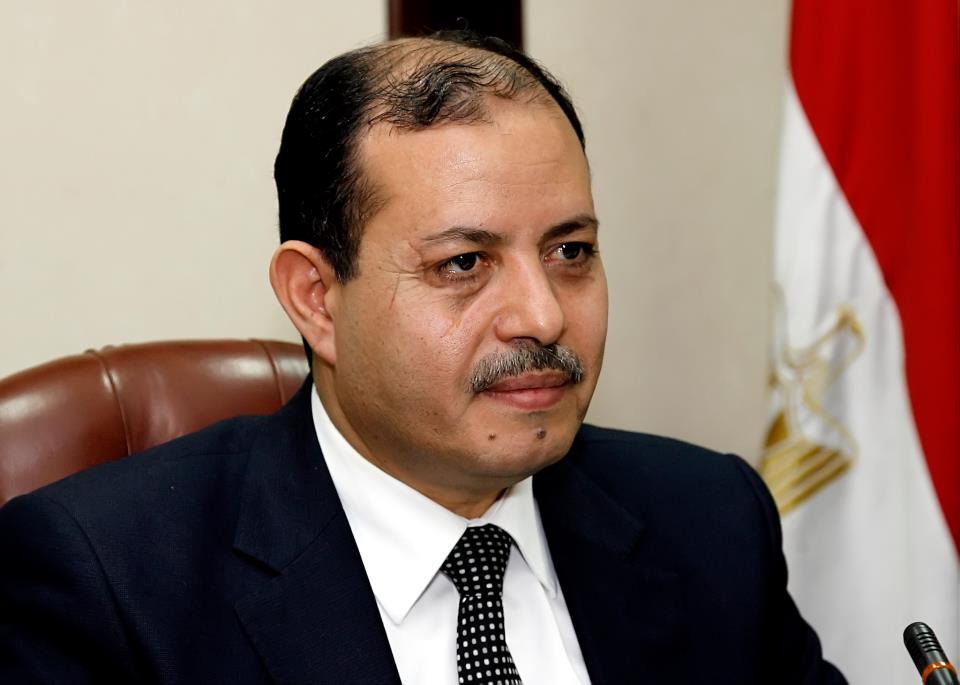
(Photo Public Domain)
The State Commissioners Authority said in a Saturday report that the continuing operations of the Ministry of Information do not violate the constitution.
The report was released in response to a lawsuit filed by a presenter for Channel 5, a state-run television channel. The presenter filed the suit against the information minister and other officials, demanding that the bonuses and salaries issued by the minister after the constitution was passed are revoked because the constitution cancelled the Ministry of Information, according to a website belonging to the state-run Egyptian Radio and Television Union.
The authority cited the fact that the law organising the National Media Council, which has not yet been passed. The new constitution stipulates the formation of the National Media Council, which is set to have an organisational role, rather than a supervisorial one.
Article 215 of the constitution states that the National Media Council manages the affairs of broadcast media, the press and digital media is also responsible for freedom of the media and maintaining the plurality of the media as well as preventing any monopolies and protecting the interests of the public. It is also responsible for creating rules and standards that ensure the commitment of media services to the ethics of the profession. The council is also responsible for preserving the Arabic language and taking into account the constructive value and traditions of society.
Lawyer at the media unit of the Association for the Freedom of Thought and Expression Fahd Al-Banna said the Ministry of Information’s operations do have an impact on the people’s right to know, especially when it comes to state-run media. He also claimed there is no independence in the media.
Al-Banna said that when the National Media Council is formed, things are supposed to change but it all depends on how independent the members of the council are. “The Constituent Assembly, for example, included people who were not from the Muslim Brotherhood but they were not independent from the Brotherhood… This (independence) is what the law is supposed to provide,” Al-Banna said.
Entesar Ghareeb, a presenter at the state-run Egyptian Radio and Television Union, said that in regards to the State Commissioners Authority’s report, there is no law which organises the formation of the Ministry of Information.
“The organising law states the National Authority for the Egyptian Radio and Television Union but no law mentions a ministry or any other name,” she said.
Describing the current relationship between the ministry and the union, Ghareeb said the ministry is forcing the Muslim Brotherhood stance on everything. They are sending everyone papers with the topics that can be discussed and if anyone attacks the Brotherhood, they are suspended or a report is filed against them, she claimed.
“All of the officials favour the Brotherhood. Even those who were in the National Democratic Party are now pro-Brotherhood. The news sector has become a mouthpiece for the Brotherhood,” Ghareeb said. “This is through the same policies and mechanisms of the former regime. It is like we are back in 2008, or 2006, or further back 10 or 15 years ago.”
Ghareeb is not very optimistic about the changes the new constitution will bring about in regards to management of state-run media. The National Media Council will be managing the affairs of both the press and the rest of the media. Ghareeb is among many media practitioners who say broadcast and print media cannot be governed by the same body.
Article 216 of the constitution states that the National Authority for the Press and the Media manages and develops state-run press and media intuitions while ensuring their commitment to professional and efficient economic and administrative performance.
She does not expect real change since the head of the authority will be appointed by the president, as cited in Article 202 of the constitution which states that the president appoints the heads of independent authorities and regulatory bodies after the approval of the Shura Council.
“This is not the regime’s media….This is the people’s media. The people have paid for it in taxes,” she said.



